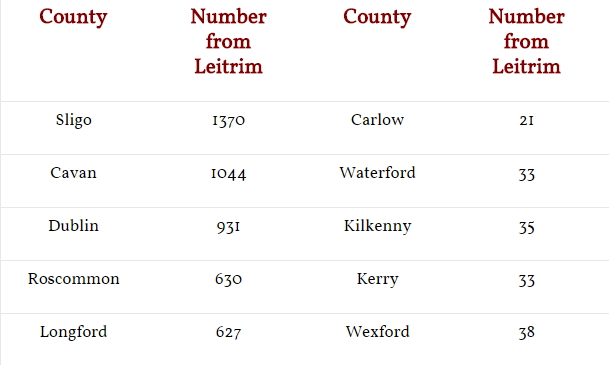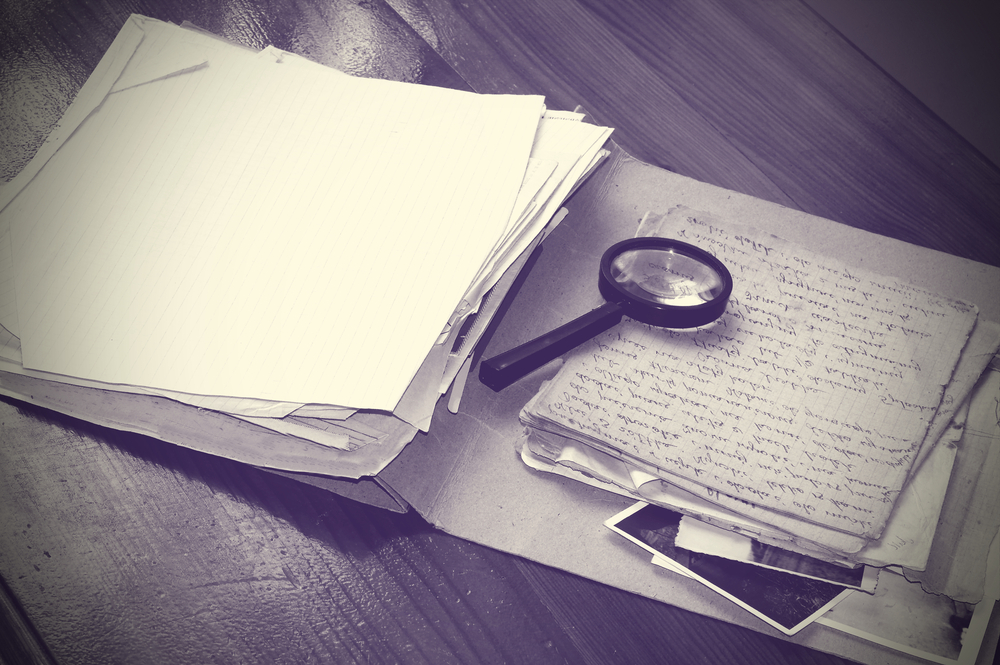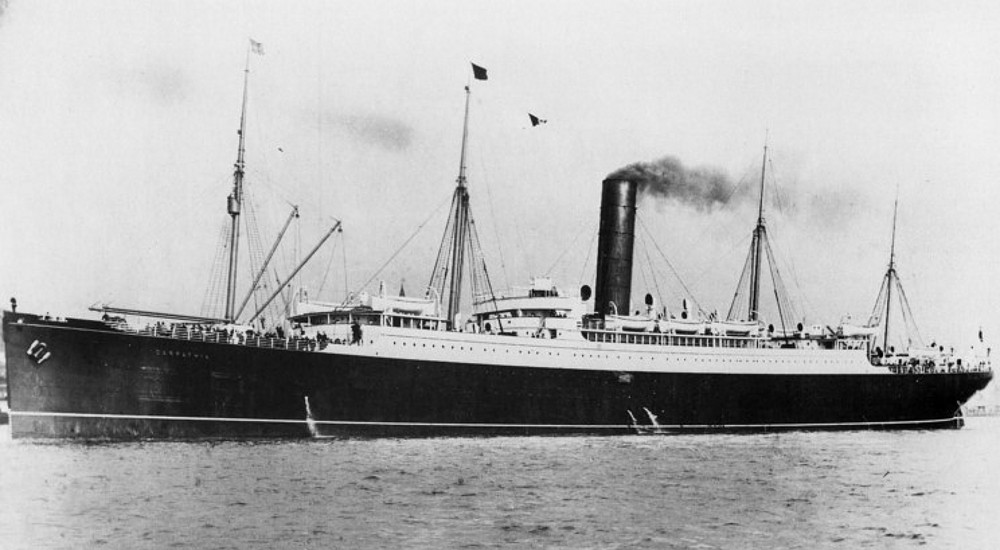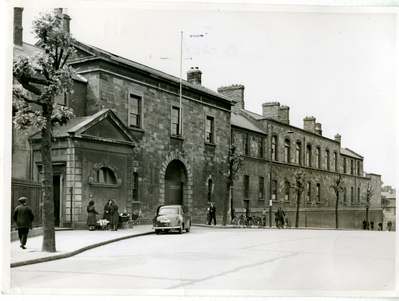Seeing the wood from the family trees.
07 April 2016Focus One of the most important aspects of genealogical research, which is often overlooked, is the focus of the research. Knowing exactly what information one is hoping to uncover is arguably the most important part of the research process. One of the first questions we ask our clients before beginning...
Griffith’s Valuation
07 April 2016Everyone with an interest in Irish genealogy knows about Griffith’s Valuation, a survey of all property in Ireland, to calculate the local tax rates paid towards the Poor Law system. Griffith’s Valuation (1847-64) was the third survey by the Valuation Office to calculate what taxes should be charged. Each of...

The Benefits to Research of Procrastination
07 April 2016In researching a family on Census returns recently I came across an interesting anomaly. To protect the anonymity of the family involved I have changed the details in the example below, but the point remains the same. Having identified the family on the 1901 Census, parents and 4 young children,...

Using the 1901 Census of Ireland for Irish Ancestry Research
07 April 2016By expert researcher Carmel Gilbride If an emigrant left Ireland before 1901, researchers often assume that’s the end of their story in Irish records. However, recent searches show the usefulness of tracing an emigrant’s parents in the 1901 Census. Follow along to discover how you can use the 1901 census...
Be not afraid step away from the screen!
07 April 2016A couple of tips ago Carmel wrote about how an index reference is no substitute for viewing the document itself. My tip this week is in a similar vein. With the ongoing digitisation of genealogical and historical material it can sometimes feel like all the records we need are at our finger...
Carmel Gilbride sheds light on why an index is never as good as an original record, for research.
07 April 2016I am continually surprised that family historians are satisfied to simply look at an online index and assume it relates to their family. Whilst I realize it can be expensive purchasing civil records, without the certificates, we can set ourselves on the wrong path. Recently, an entire project had to be reconfigured because...

Late Registrations
07 April 2016Anyone who has spent hours in the GRO sifting through the indexes will be aware of the phenomenon of ‘late registrations’. Like a product from the Ronseal factory, they are exactly what they say on tin, late registrations of births, marriage or deaths. These are indicated in the indexes of...
Shipping Records by Helen Moss
07 April 2016We recently undertook research for a family involved in shipping. Some members of the family were master mariners and as part of our research we used a resource less commonly used – the ‘Shipping agreements and Crew lists 1863-1921’, available on microfilm in the National Archives. The shipping records name...

An important step to selecting the correct record.
07 April 2016With online searching now the order of the day, often records are chosen at random and you are left wondering well, have I selected the correct record.? So, for example, based on a 1901 or 1911 Census, entry, you might select a marriage of say, Patrick and Mary. But that...
Work House Registers
07 April 2016“Work House Registers” On Sunday the 10th at 6 p.m. Brian Donovan of, Eneclann, and Abigail Rieley of, Findmypast, talked live,on air about the “Workhouse registers.” Eneclann’s own Fiona Fitzsimons also pre-recorded a short interview for the History Show, on the relevance of work-house records in Irish family history research....

British Institute, Salt Lake City, UTAH, 21-25 Sept. An interview with Alec Tritton
07 April 2016This week Fiona interviewed Alec Tritton, who will support Elsa Churchill in presenting the English Track in the British Institute in September 2015. Fiona said: “Alec is a humourist, and in the thirty years he’s been a genealogist has collected some great stories. In discussion it was clear that Alec...

The Truth behind George Clooney’s Irish Roots
07 April 2016In 2005 an American genealogist discovered George Clooney’s Irish roots in Windgap, county Kilkenny. Since then, extravagant claims have been made about George’s ancestry, not least that they made carpets for the Titanic. Between 2012 and 2014 Eneclann’s own Fiona Fitzsimons & Helen Moss delved into Mr. Clooney’s Irish family...
